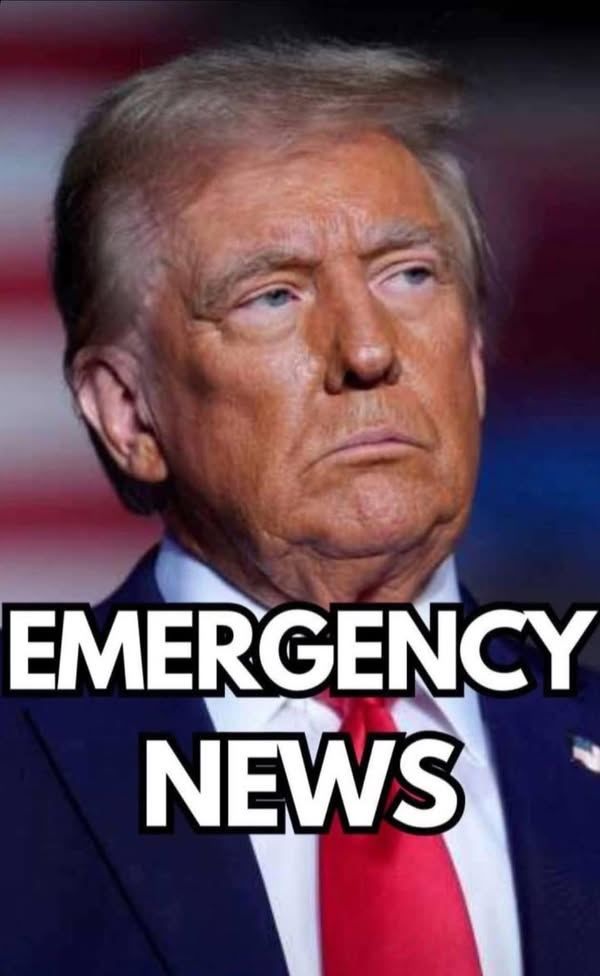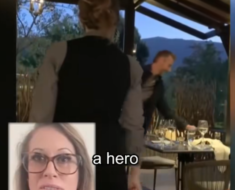In late January 2025, Donald Trump signed an executive order aimed at fighting antisemitism on U.S. college campuses — but the implications quickly expanded beyond what many expected. The order authorizes a sweeping federal effort to strip visas or remove non-citizen students who participate in protests deemed “anti-Israel,” including demonstrations supporting Palestinians. Under the administration’s explanation, any student who “endorses or espouses” a listed terrorist organization — among them Hamas, designated as such by the U.S. since 1997 — could find their immigration status revoked.

According to federal fact-sheets, the order tasks the Justice Department, Homeland Security and State Department with identifying students and staff who may pose a “threat” due to alleged antisemitic behaviour or support of extremist groups, especially in the wake of pro-Palestinian campus activism after October 2023. Reuters+1 The stated goal: “immediate action” on visa cancellations, deportations, and funding cutoffs for institutions seen as allowing radical protest activity. People.com
The move has triggered alarm among civil-rights advocates. Many legal experts argue it conflates protected political expression — campus protest, speech, assembly — with material support for terrorism, threatening First Amendment rights. As one attorney put it: “Deporting non-citizens for their political speech would be unconstitutional.” Reuters Critics also point to the vagueness of terms like “endorsing” or “espousing” and express concern over the use of visa policy as a tool of political enforcement.
Several universities are already feeling the ripple effects. One case in particular: Mahmoud Khalil, a graduate of Columbia University, was detained under immigration scrutiny after participating in campus protests. He held U.S. permanent residency and had no criminal record, yet his detention became a symbol of the broader crackdown. TIME+1 Another example: Yunseo Chung, also with a permanent-resident status, faced removal efforts tied to her engagement in pro-Palestinian activism; a federal judge blocked her immediate deportation in June, warning the government’s action looked like a free-speech violation. The Washington Post
On the other side, some Jewish advocacy groups welcomed the order as a long-needed step to protect students facing rising antisemitism. They say many campuses have failed to respond adequately to harassment and hate incidents. But those who support the policy largely stopped short of endorsing the deportation-for-speech angle.
Universities and international-student offices are now grappling with new uncertainty. Students on F-1 or J-1 visas are asking: will participation in a protest, appearing at a demonstration, or simply posting certain political commentary trigger visa revocation? Some institutions are advising caution around social media. The spectre of “visa as discipline” has unsettled the academic community. The Guardian
The balance the administration claims it is striking — between combating antisemitism on campus and preserving free speech — is under scrutiny. Critics say that by using immigration enforcement in the context of political dissent, the government risks chilling all forms of protest, especially from non-citizens who may already feel vulnerable. Legal scholars warn that the long-term implications for academic freedom, immigration law and constitutional rights could be severe.
As of now, the order is in effect and agencies are taking steps toward implementation. But because of ongoing lawsuits and court decisions, the ultimate scope and legality of the policy remain uncertain. The cases of Khalil and Chung suggest the legal battle may set major precedents for how student activism and immigration status intersect in America.
In short, the executive order has opened a new front in the culture war: protests on campus, foreign-student visas, antisemitism, free speech and the limits of immigration enforcement. Its critics argue it could usher in a chilling effect on political participation by non-citizens; its supporters say it’s necessary to protect vulnerable campus communities and enforce national-security priorities. The outcome will likely shape U.S. higher education and civil-liberties law for years to come.




